Sales Isn’t a Dirty Word.
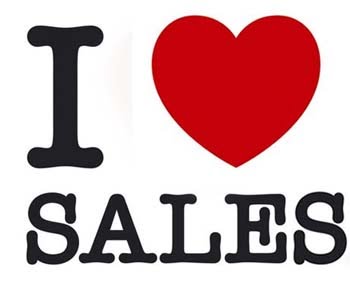 Event Planning is often times as much a sales job as it is a planning and organizational job. Yes, you have to be creative and think on you feet, but many times you have to sell your clients on the best ideas and processes to ensure the event actually becomes the true experience they are looking for. Part of ensuring that you do everything correctly is by treating event planning like a sales job. For many people, sales is a dirty word. It was to me when I started out as an event planner. When I heard to word “sales job” I cringed and thought “I could never do that – I’m not a money-hungry vulture who will say whatever they have to in order to get someone to buy something.” That’s a pretty rough outlook, but it’s that way because, like everything else in the world, there are always those few who make everyone else look bad. The longer I have been working in this industry, the more I’ve come to realize that like any job, a person’s experience with sales is a reflection of the person who is selling. A good sales person listens and aims to give their client exactly what he or she needs, providing solutions to problems rather than bombarding them with unnecessary products or services. So before you’re convinced you need to wash your mouth out with soap, here are 5 tips to help you feel more comfortable with not only the concept but also the process of sales.
Event Planning is often times as much a sales job as it is a planning and organizational job. Yes, you have to be creative and think on you feet, but many times you have to sell your clients on the best ideas and processes to ensure the event actually becomes the true experience they are looking for. Part of ensuring that you do everything correctly is by treating event planning like a sales job. For many people, sales is a dirty word. It was to me when I started out as an event planner. When I heard to word “sales job” I cringed and thought “I could never do that – I’m not a money-hungry vulture who will say whatever they have to in order to get someone to buy something.” That’s a pretty rough outlook, but it’s that way because, like everything else in the world, there are always those few who make everyone else look bad. The longer I have been working in this industry, the more I’ve come to realize that like any job, a person’s experience with sales is a reflection of the person who is selling. A good sales person listens and aims to give their client exactly what he or she needs, providing solutions to problems rather than bombarding them with unnecessary products or services. So before you’re convinced you need to wash your mouth out with soap, here are 5 tips to help you feel more comfortable with not only the concept but also the process of sales.
Qualify Your Leads
Whether you are expected to go get your own leads or leads are sent to your desk, ensure that the people you are talking to are the right individuals. Usually in events and hospitality, you receive inquiries but sometimes you also have to go out and get them. This is actually a good time to ensure that you fully understand what is expected from you in your role. While that may seem obvious, depending on where you work, it’s not always crystal clear. Most establishments would love their planners to go out and get them extra business, but sometimes in-house work to manage the inquiries you are already getting is equally necessary.
If you are working the outside sales and cold call bracket, do a little research. Make a point to understand your target market and what type of clients are ideal for your establishment. Talk to professional peers to get a sense of what they are doing in your specific field or geographic area. Take initiative and consider your surroundings. If the 5 blocks around you are hotel-heavy, do what you can to work with concierge or their planners and sales team so that they will suggest your establishment for clients who may not want to dine in their hotel for a particular event. This takes you from cold leads to warm leads. This also sends you direct inquiries that have had a level of pre-qualification to ensure that neither parties are wasting their time.
If you are dealing with in-house warm leads, that means that someone has looked at your establishment and has an interest and decided to reach out. It’s firstly your job to ensure you are in fact the best location for them, and then try to secure them. That’s right – qualifying a lead means that you have to ensure you are going to be a good fit. Getting business is important, but having the right business is necessary to remain in business long term. For example, someone maybe looking for a large set up with live entertainment and heavy a/v needs for 150 guests. If you are a small space, knowing that you can not comfortably accommodate this group is important to convey. Dissatisfied customers talk. And leave Yelp reviews. So be sure that you are responsible about qualifying your leads so that you are always coming from a solutions-forward sales approach, rather than a dollar-focused one. Clients can tell and if they are not happy with their event, they will not only never come back, but tell all of their friends never to even check it out.
 Get As Much Info Upfront as Possible
Get As Much Info Upfront as Possible
I always think this sounds obvious, but then I am surprised by how many planners don’t get details from their clients at the get go. If you receive a lead for an event, always be able to be in contact with them. When I once looked up venues, I remember a sales person who never asked my name, didn’t get a phone number or email and finished the conversation with “you can get more information from our website and call back if you’re interested.” Saying “you can learn more on our website” makes you a radio commercial, not a sales person. As an event planner, I ask questions and make sure I ask about the date, number of guests, type of event, things the client thinks they may need, a booking date and any other details (including who the final decision makers are) that may come up in addition to their contact information. I ALWAYS offer to send an proposal (something basic and preliminary to get them some basic pricing). This then gives me a reason to have their phone number and email address so I can follow up with them later, even if they are just prospecting options.
Understand What Your Client’s End Goal Is
In getting information, you should have an understanding of what your client actually wants their event to be. Many clients have an idea of what they want the end result to be, but they often have trouble mapping the road in between. Your job as an event planner is to sell your skill set of creating an experience. The only way to ensure that you will do this correctly is to understand what your client’s best case scenario looks like. This is why qualifying your leads and getting as much information upfront as possible is so important.
Once you know that this client is a good match and you understand what your client is doing, you can make sure that you are then creating the experience they are looking for. This is the part of event planning that differentiates a good event planner from a great event planner. I once did an event where the group would be watching a live show on television. When I talked to the planner at the venue and explained what the event was, details of the venue’s a/v capabilities were never clarified when I requested a proposal and pricing. Based on the type of venue and images of the a/v already used at the venue, I was under the impression that this could be accommodated with what was already present. It wasn’t until the walk through, which I had insisted upon, that it was explained to me that not only was none of my requests available with in-house a/v, but that the a/v needs cost as much as the minimum to rent out the place. Because the show was the core reason for the event, I would have had no choice other than to get it. I had been working on budgets and preparing for this event, and then had to go back and say “nope, double what was planned.” It was a lesson where I learned that I needed to be even more specific right from the beginning. Even though everything worked out, it still left a bad taste in my mouth and so my likelihood of suggesting that venue to future clients is pretty low. If the sales person made a little more effort to fully understand my needs, I would have felt more confident in the entire event. Contrastly, I have had clients not fully understand me, as well, which is why I always try to encourage a walk through and get them to fully describe their needs. It takes that effort to show that you want the event to be exactly what the client wants and that gives them the confidence to give you the gold star (or not) and inevitably determines whether you will get repeat business or referrals.
 Convey Confidence and Certainty
Convey Confidence and Certainty
Whether you are saying yes or no, you should say so confidently. While you may need to google a few things to be 100% sure, it is important that your clients trust you. You always want to under promise and over deliver. This is a great area to include first and second choice type of options so you can easily say “I will have to confirm option A, but at this exact moment, I can guarantee you option B.” Clients hate to feel unsure, especially because they are paying you to be sure. So aim to speak to all of your clients with certainty, even if that includes back up options, and you will certainly sell the details of your event with success.
Follow Up & Pay Attention to Time Frames
Again, this one seems obvious, however it doesn’t happen as often as it should. I have a folder with every single prospect (you may have software, but I personally prefer the old school approach). I note every time I call, email or leave a voicemail. I make notes like “Out of office, will be returning in a week. Call no earlier than October 20th.” This approach allows me to follow up appropriately. Getting 5 calls to your cell phone while on vacation is obnoxious, but when they come from someone you’ve already told you’d be gone, it can be a deal breaker.
Part of the process of successfully securing clients is being cognizant of people’s schedule. This shows you are detail-oriented and respectful of their time. Hopefully you have sent them some sort of information or a proposal so that way they have something to share when they are out. Just because Nancy is going to be out, doesn’t mean her boss will be. If you have qualified your lead appropriately, you would know that Nancy’s boss is actually the signing the check and making the final decisions. So be sure to get information to Nancy before she leaves so she can forward it on. That way you aren’t wasting a week or two with your venue getting the potential to be forgotten. And if you’re timely, you may be the only proposal sitting on her boss’ desk. There’s an advantage to this, particularly if Nancy is busy and doesn’t have time to follow up with all these other places who told her to “Check out the website”. Do a little work upfront so a potential client like more likely to become a new client.
Prior to events is necessary for follow ups, but so is after an event. Send a thank you note, or give a phone call to ask how the event went. Even if you were there the whole time. Some people get feedback from guests after the events or certain comments may not be shared on site. Especially if your client is hosting clients of their own. While you may understand the flow of the event, it’s impossible to know nuances of the group fully. You may find out that something wasn’t taken care of that the host would not discuss with you on-site. By following up afterward, you can try to find out if there is any way to amend this with your guest. You may have thought this was a successful event, but by ensuring that your client felt so too, you can possibly keep yourself from unknowingly losing business. Or they may just give you a rave review, which is always good to share with your staff and/or your boss. Because of course, you’re awesome!

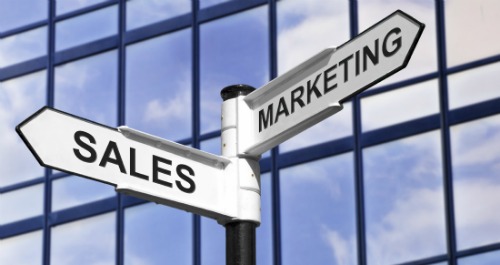
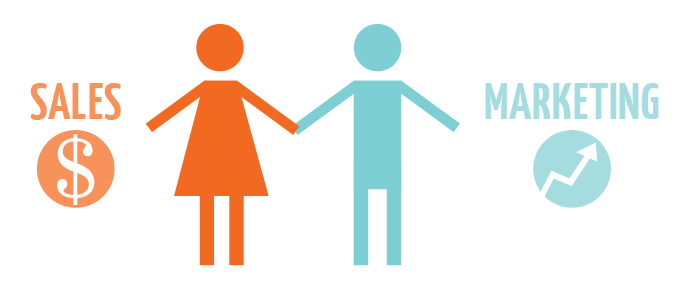
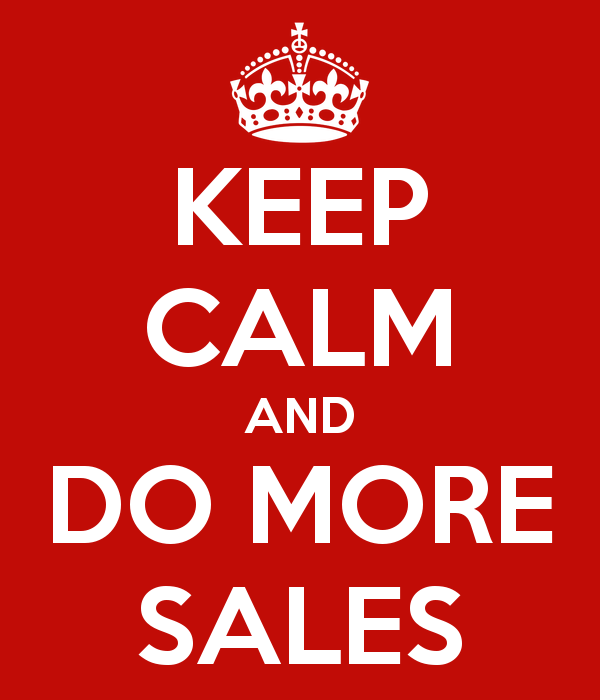
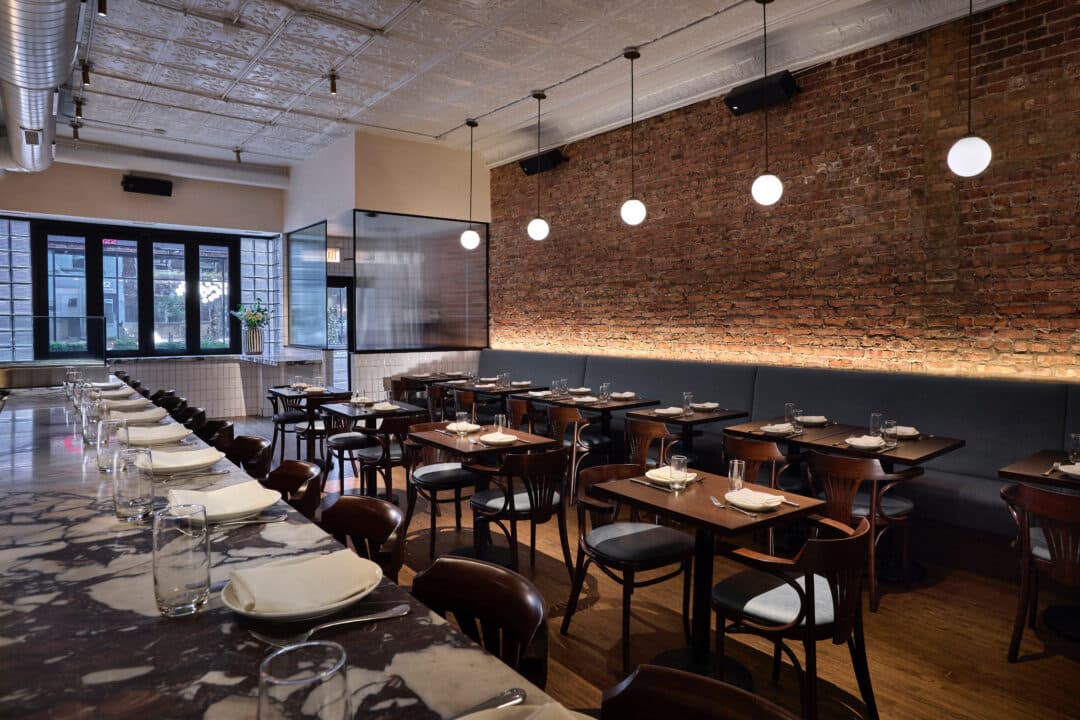
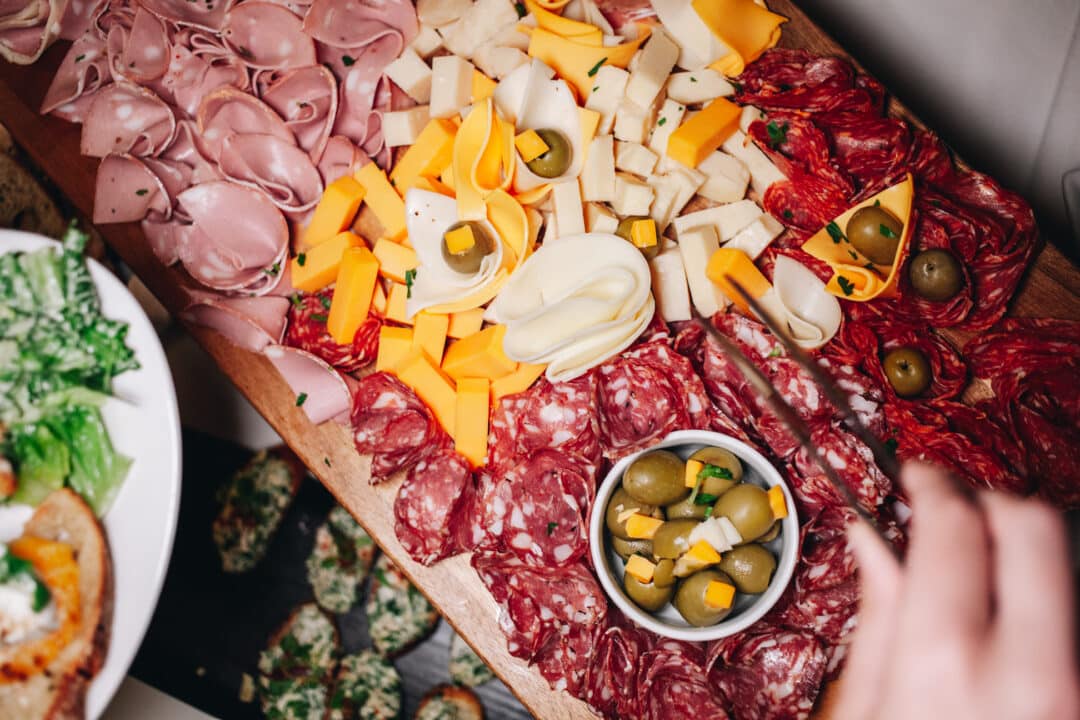
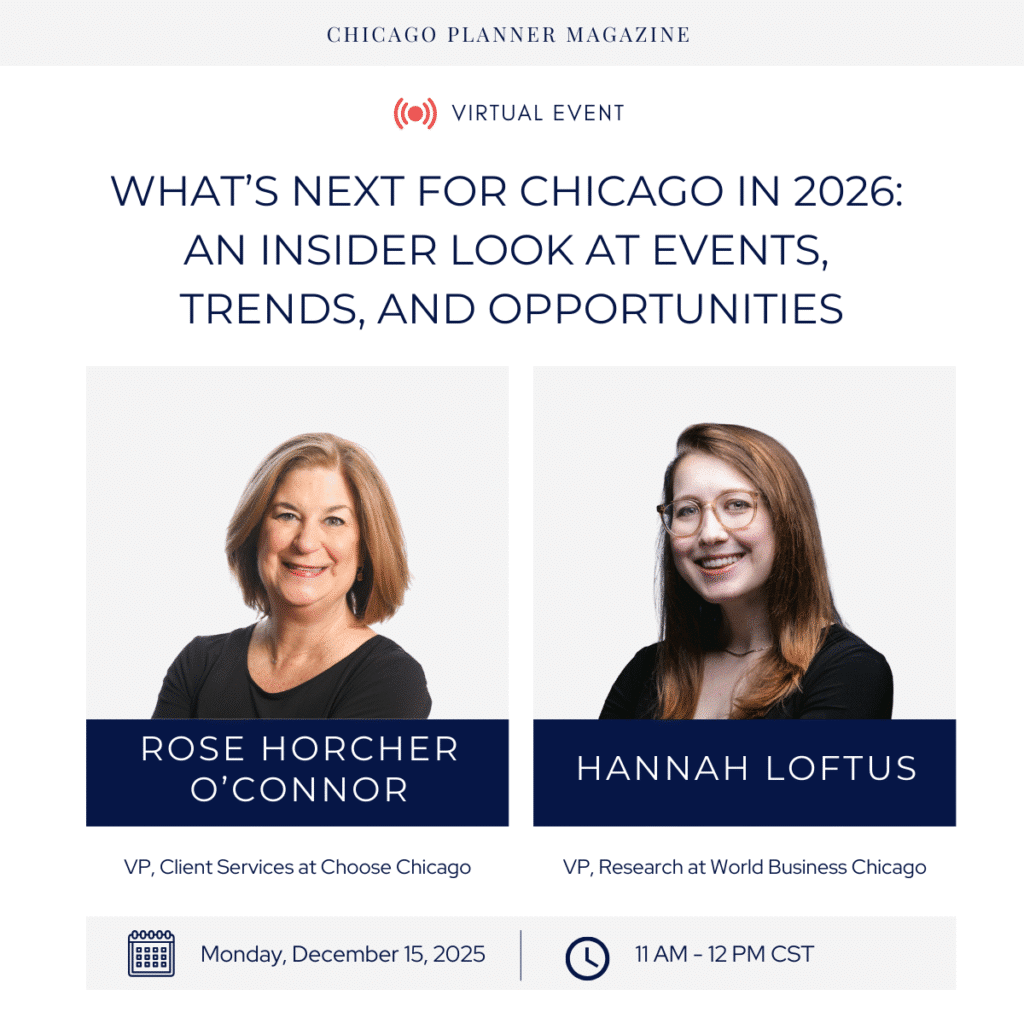
0 Comments